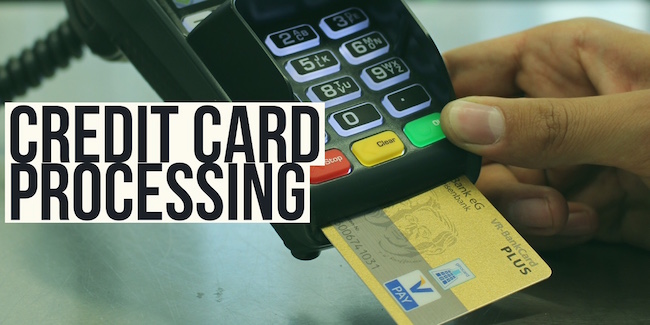If you sell products and services to consumers, Level 1 credit card processing will suffice for most of your business needs.
As you begin selling to B2B or B2G customers, many of your clients will want greater control over how their credit cards are processed. That means you’ll need to upgrade your payment environment accordingly with Levels 2 and 3 processing. In fact, some businesses and government agencies actually require these more detailed payment options.
But what do these higher credit card processing levels provide?
How Levels 2 & 3 Processing Works
With standard Level 1 credit card processing, customers need to provide only their names, account numbers and billing addresses. This is what you see with most types of consumer plastic.
As you move into Levels 2 and 3 processing, the customer needs to provide many more payment details for the transaction to go through. In addition to the data mentioned above, you may also may have to provide:
- Tax IDs
- Customer codes
- Tax amounts
- Item descriptions
- Freight amounts
Moreover, the buyer can set limits on how each credit card is used. Some of the more common controls include:
- Purchasing amounts
- Employee access rights
- Purchasing frequencies
The exact fields and controls vary depending on the customer type, industry and level. For a longer list of payment processing criteria, read:
- Level 2 Billing Options
- Level 3 Billing Options
What Is the Appeal of Levels 2 & 3 Credit Card Processing?
Requiring extra fields adds more friction to the sales process. So why would any merchant or client willingly embrace these more restrictive credit card processing levels?
Advantages exist for both parties.
As the buyer, you’re able to restrict unauthorized use of payment cards within your enterprise. Larger organizations often have numerous corporate or government credit cards floating around, so these extra fields make it harder for employees to abuse their buying privileges.
As the merchant, you also benefit from these tighter controls:
- Your business experiences less credit card fraud.
- Reduced fraud often translates to lower processing fees.
- Settlements happen faster, allowing you to improve your cash flow.
And arguably most important, you’re able to expand your reach. Many corporate and governmental agencies will do business only with merchants who offer more business-specific payment processing.
Making Levels 2 & 3 Processing Work for You
If you’re looking to provide Levels 2 and 3 processing for your clients, a standard credit card terminal will not support this service. You’ll need to work with a trusted processor that can provide specialized payment software that is accessed via a secure website application.












